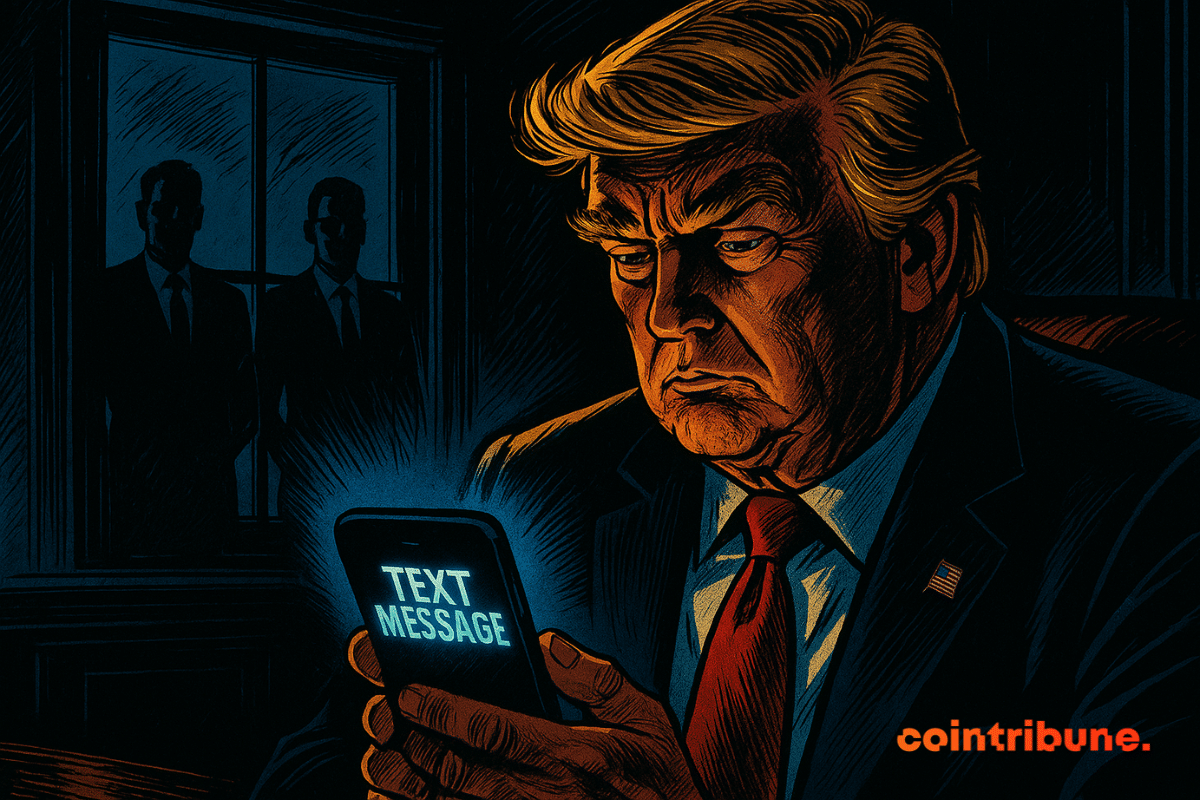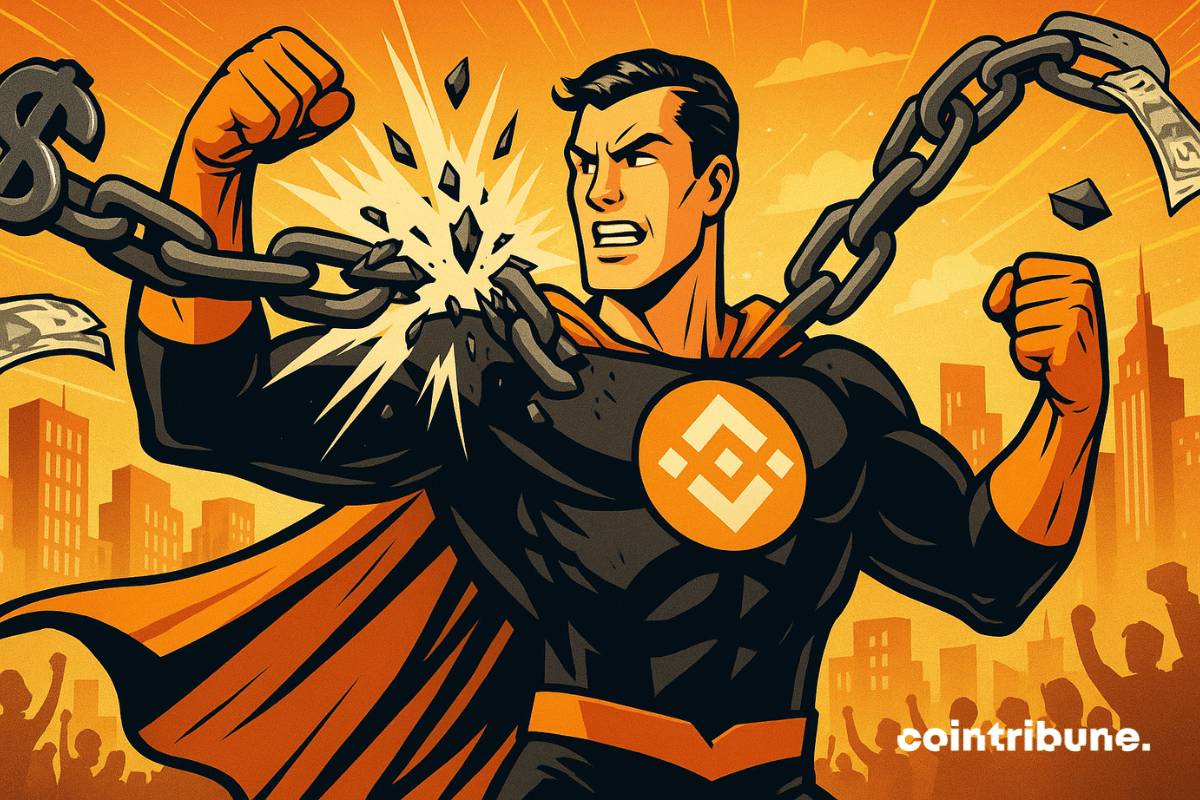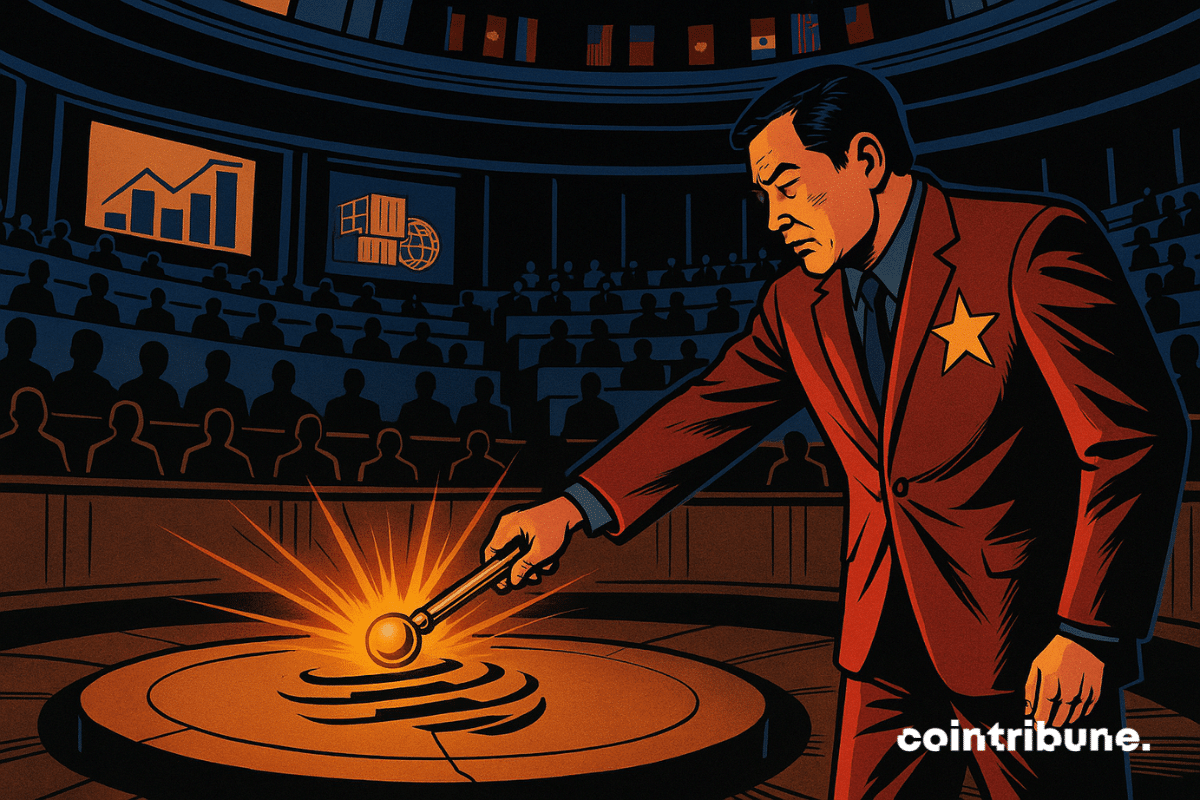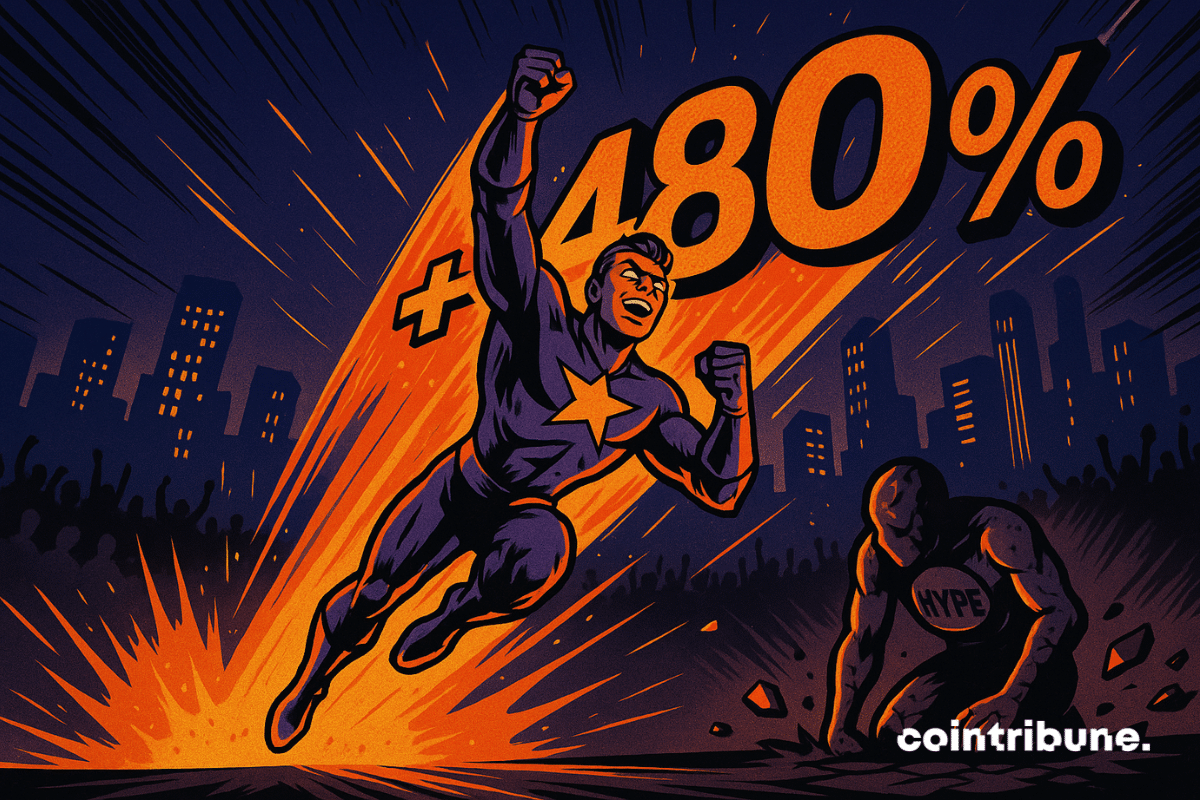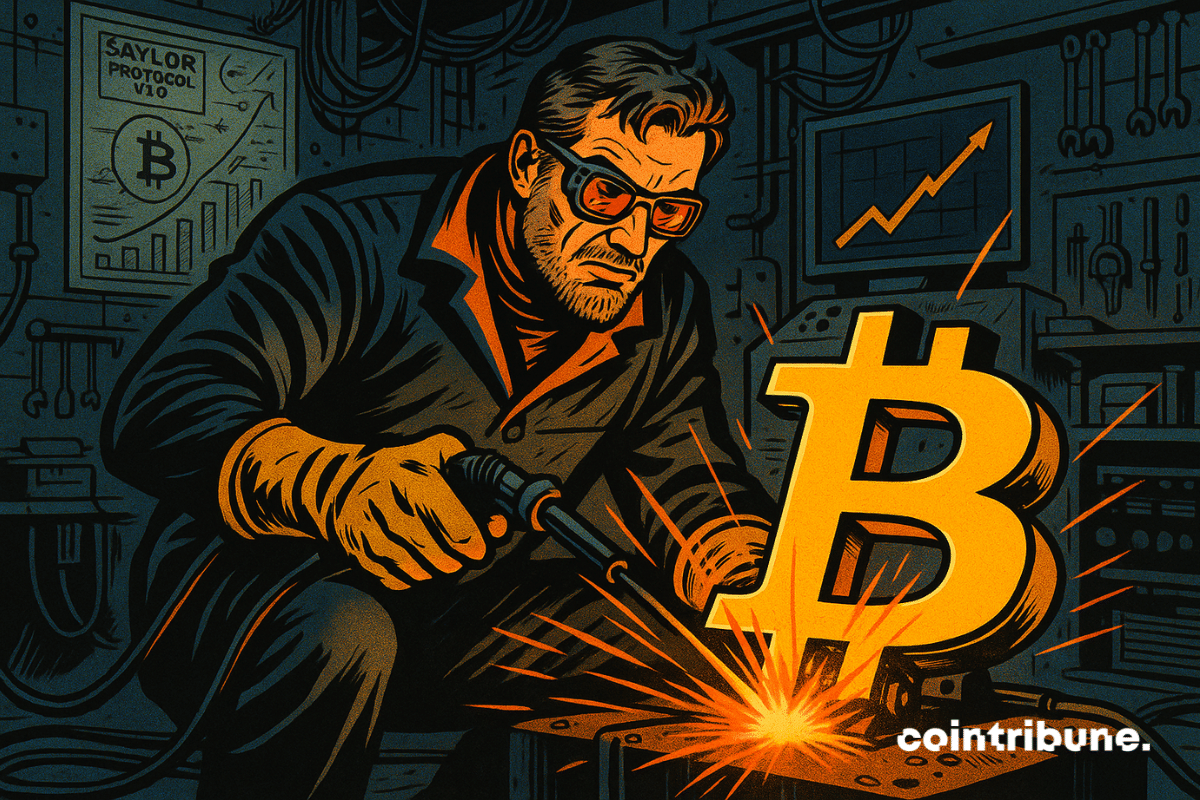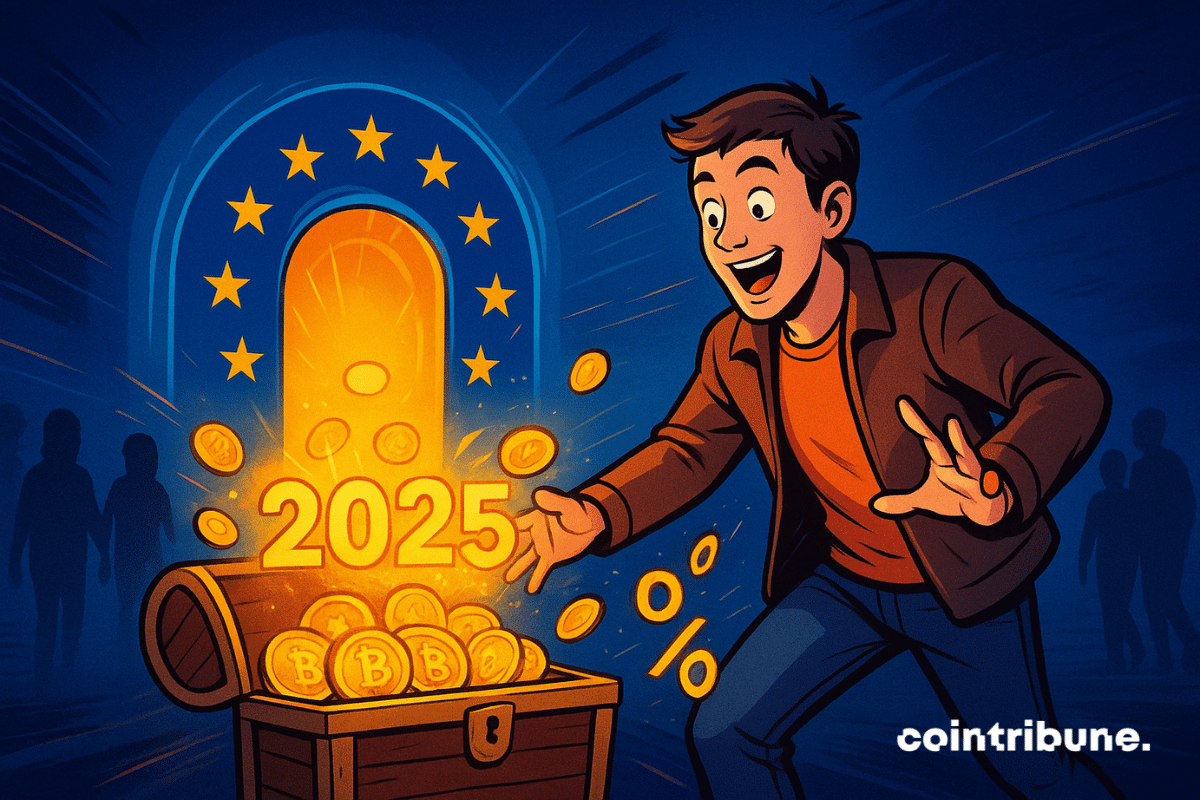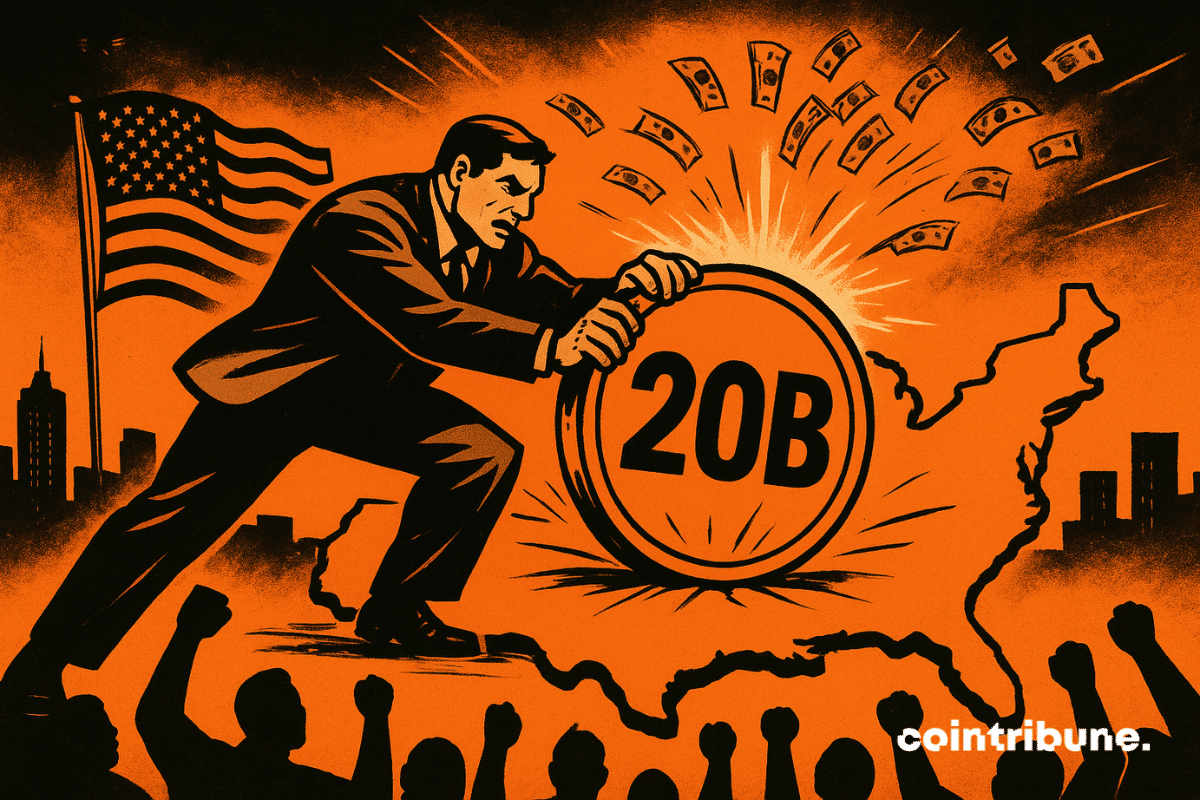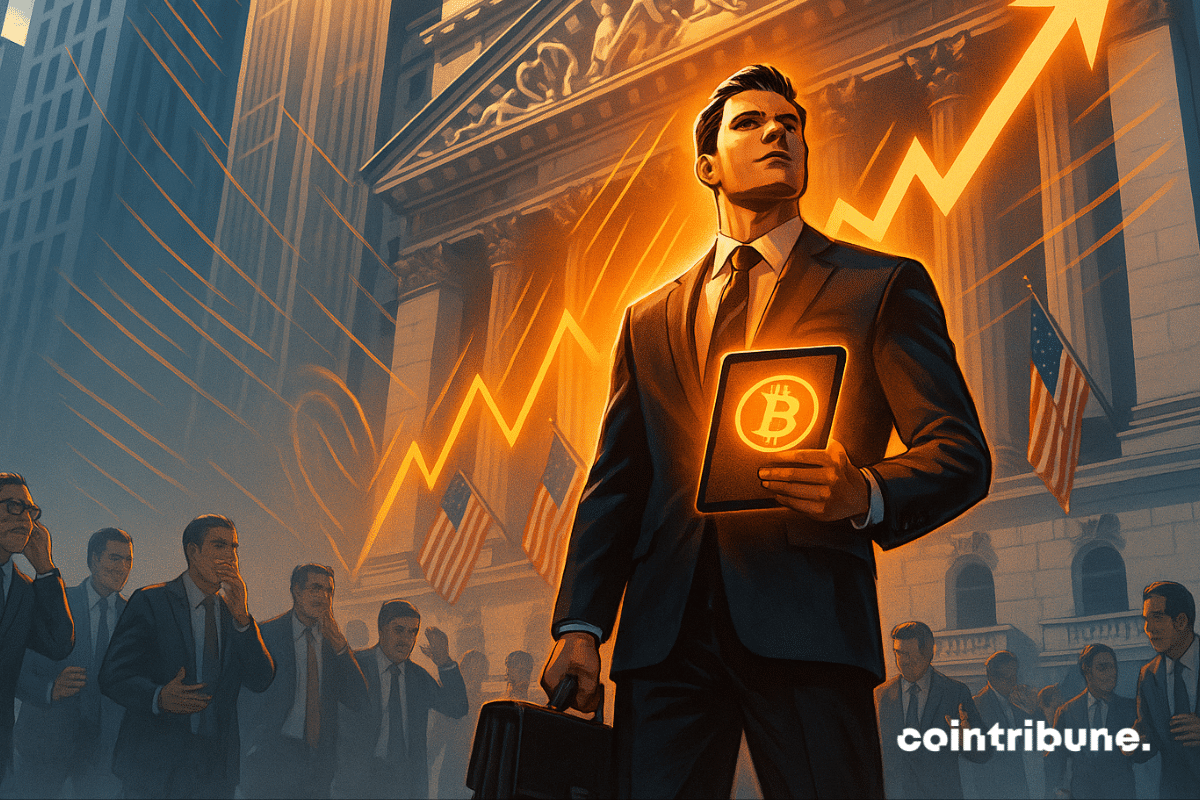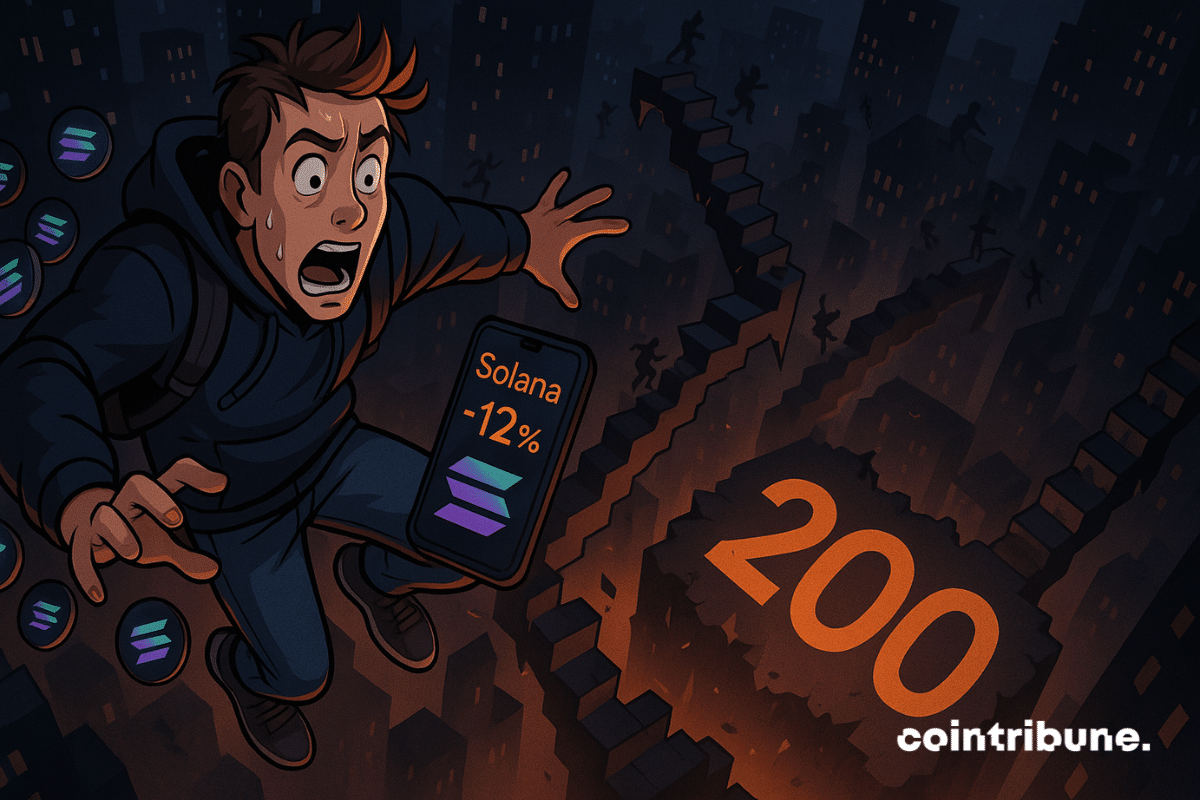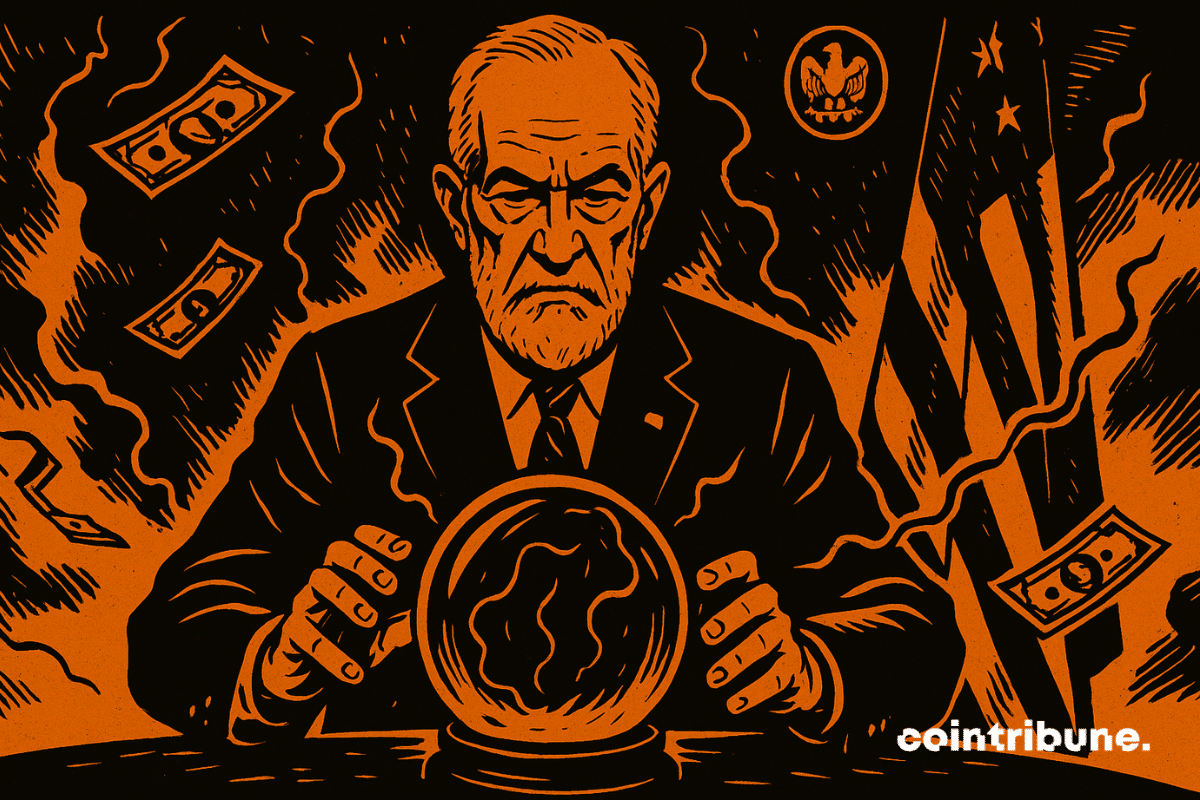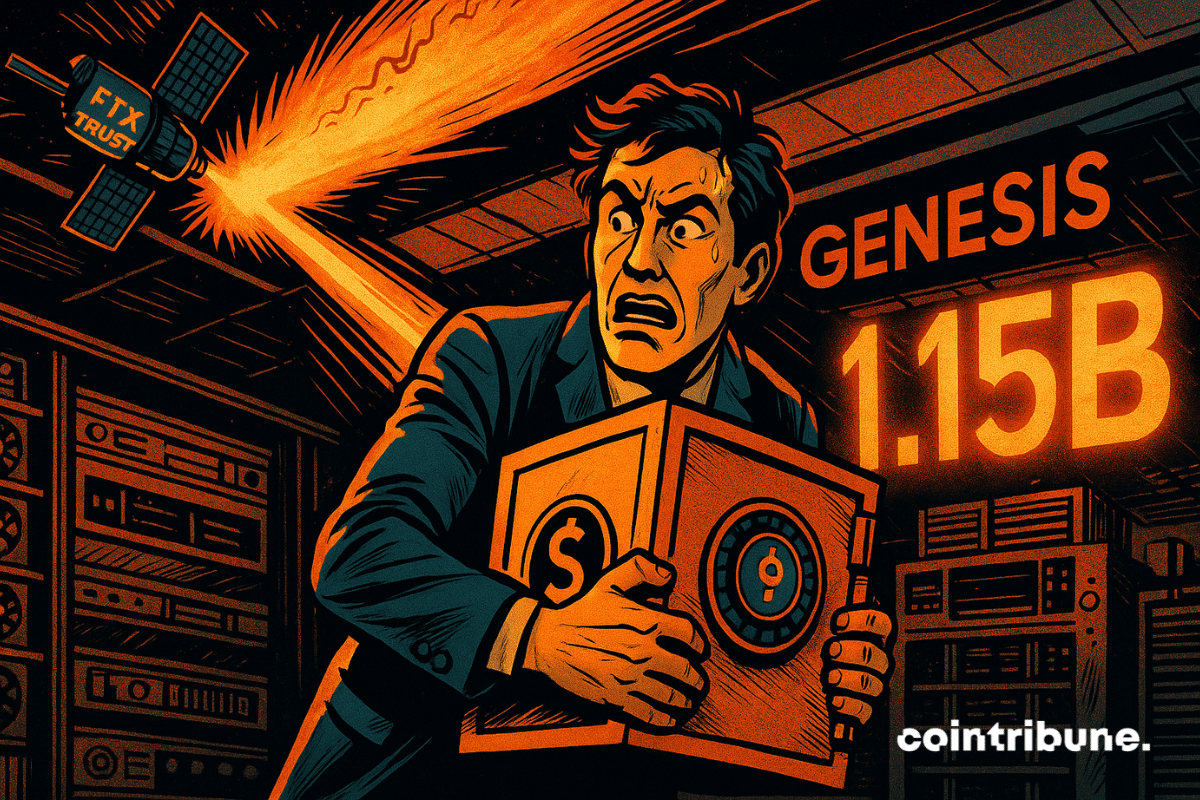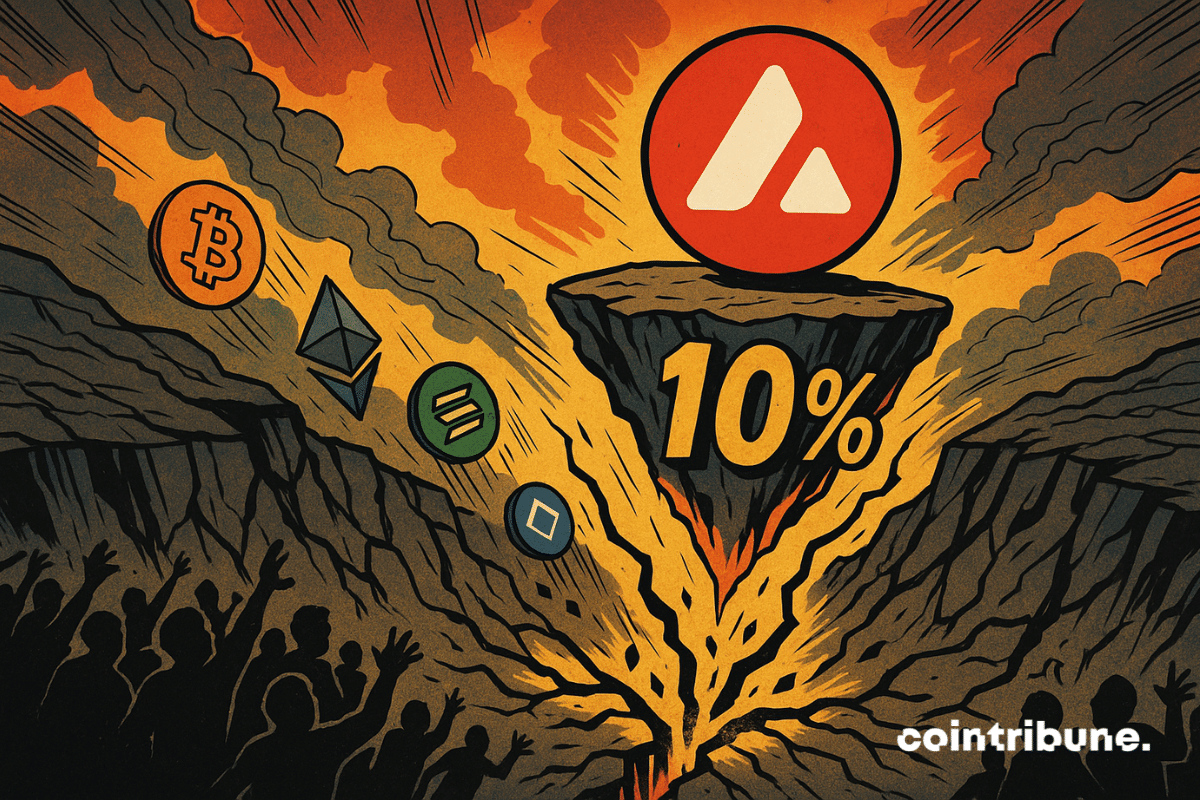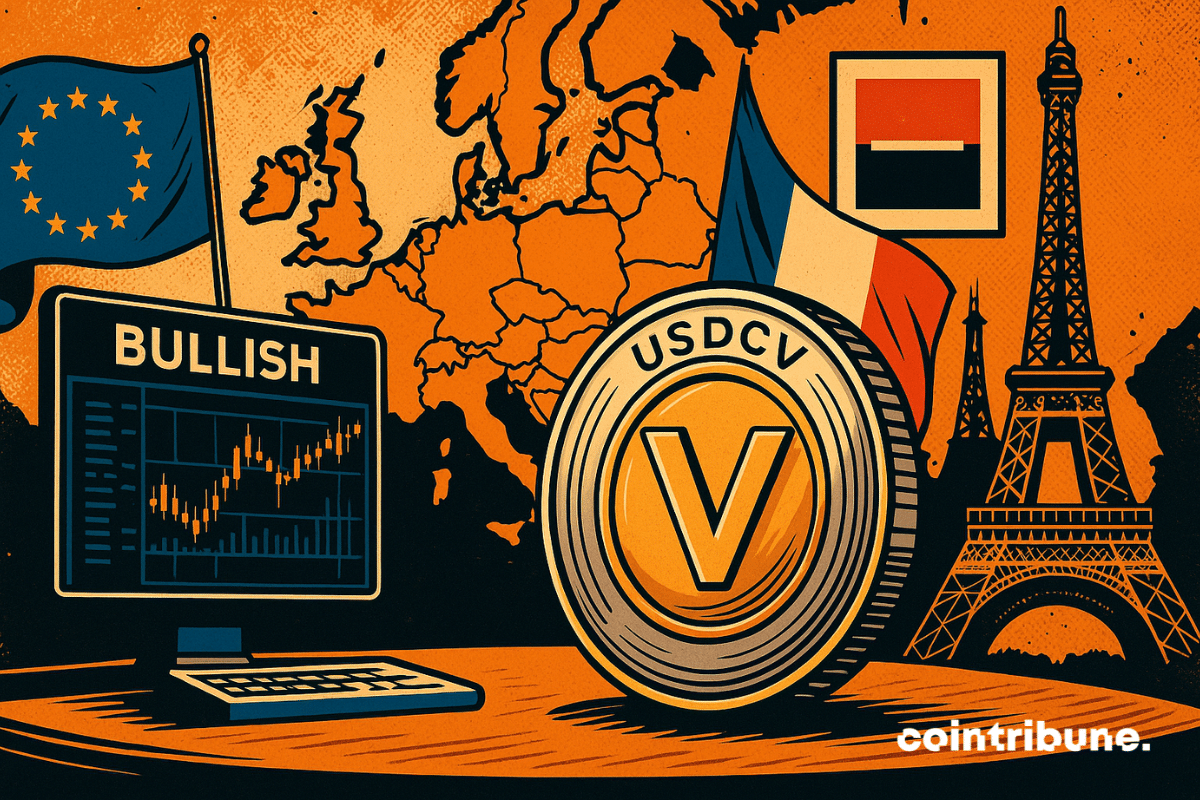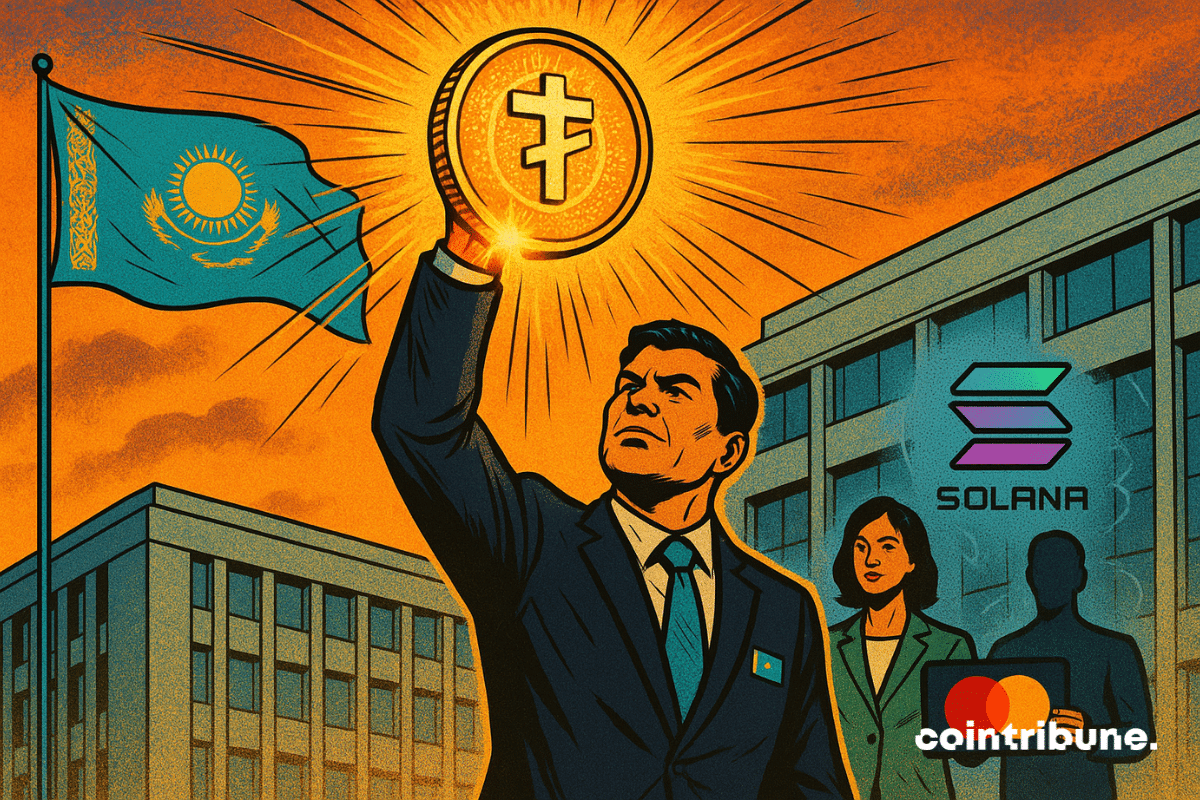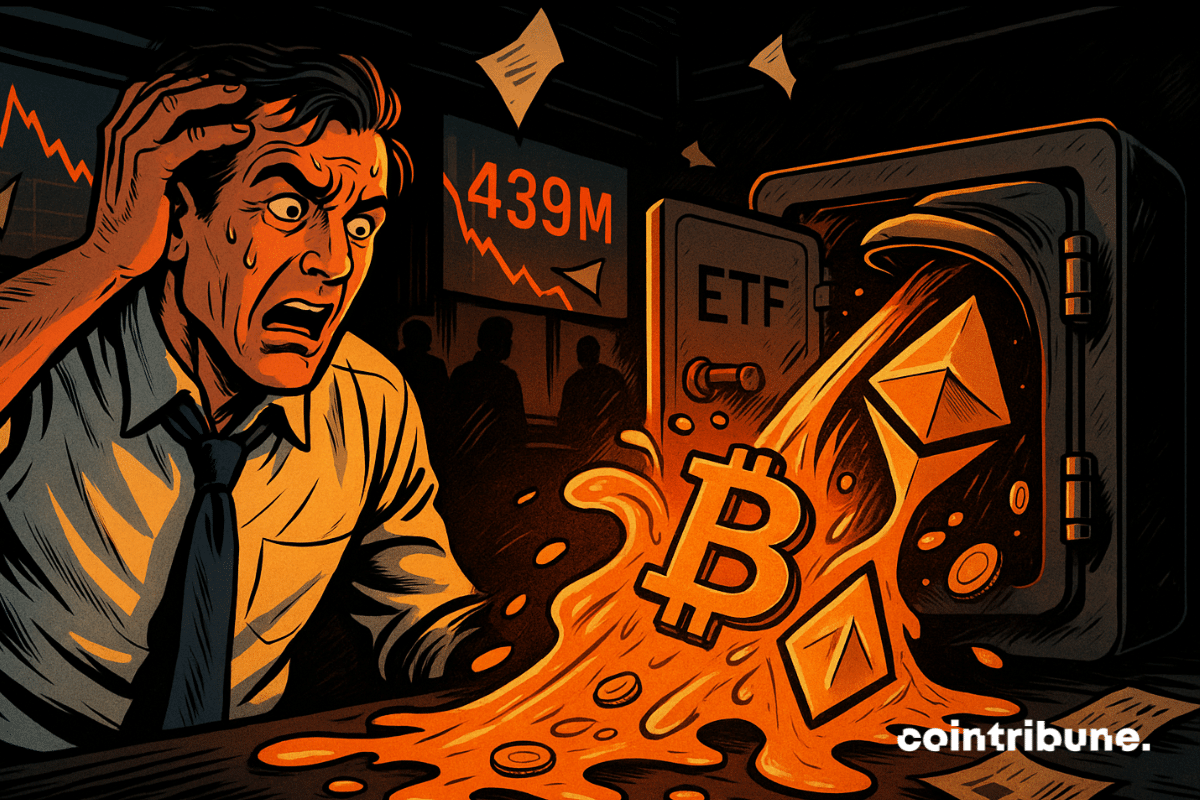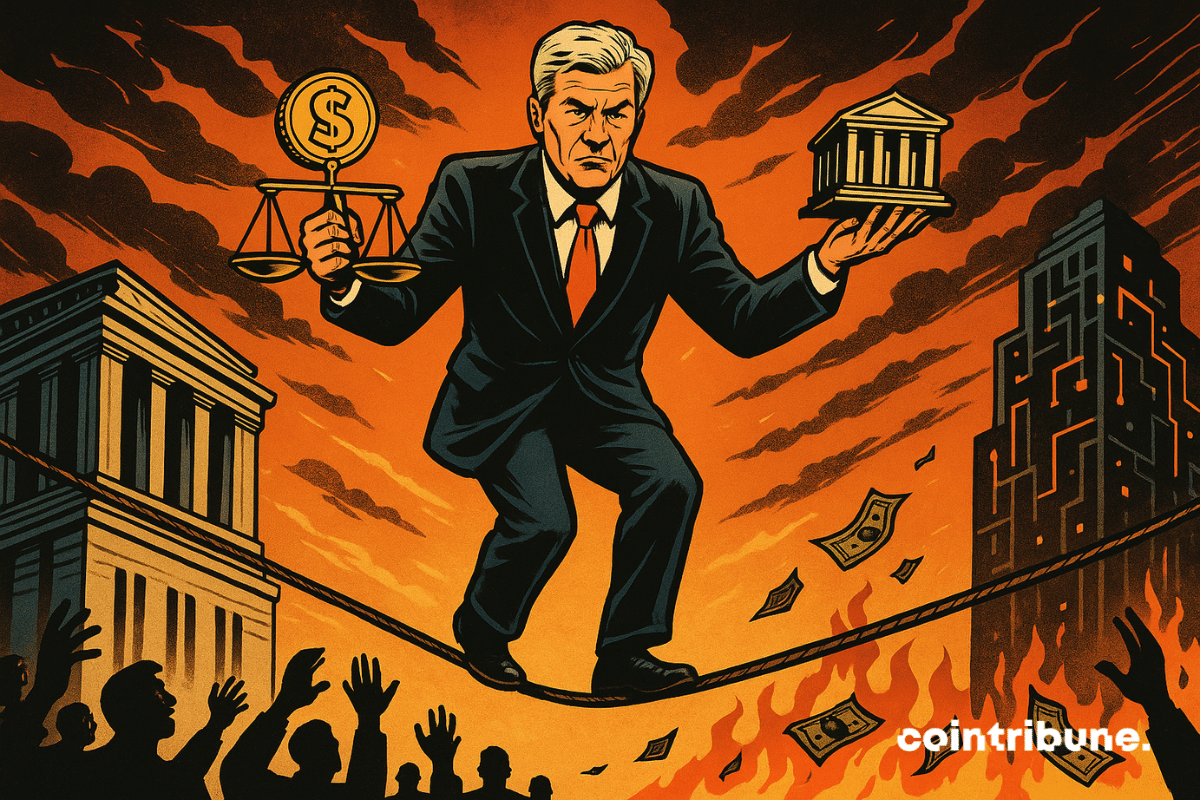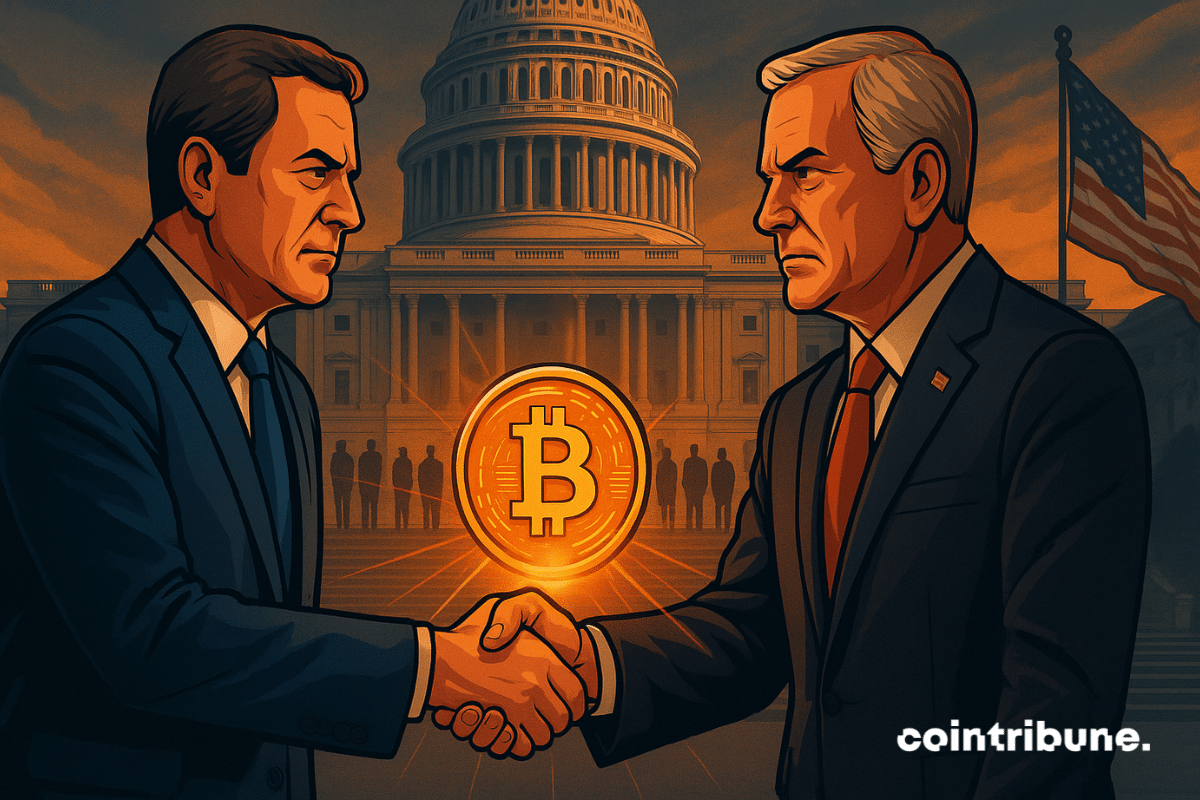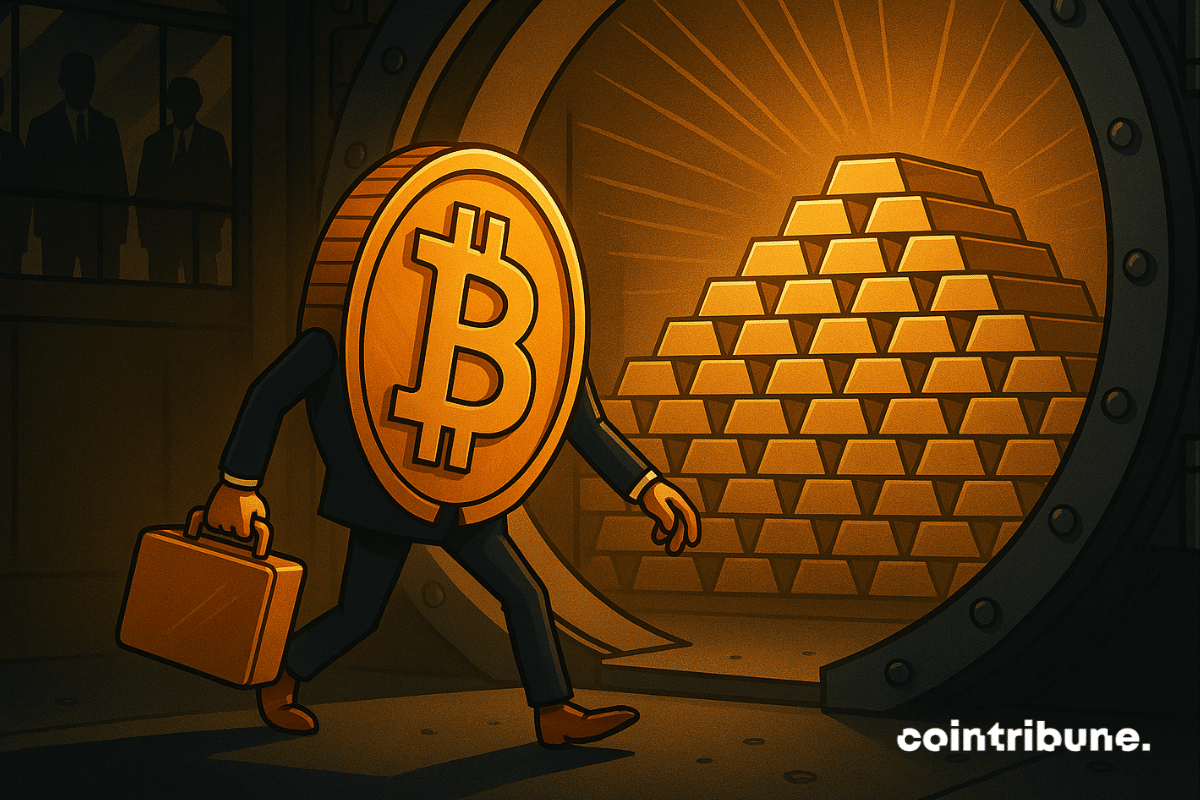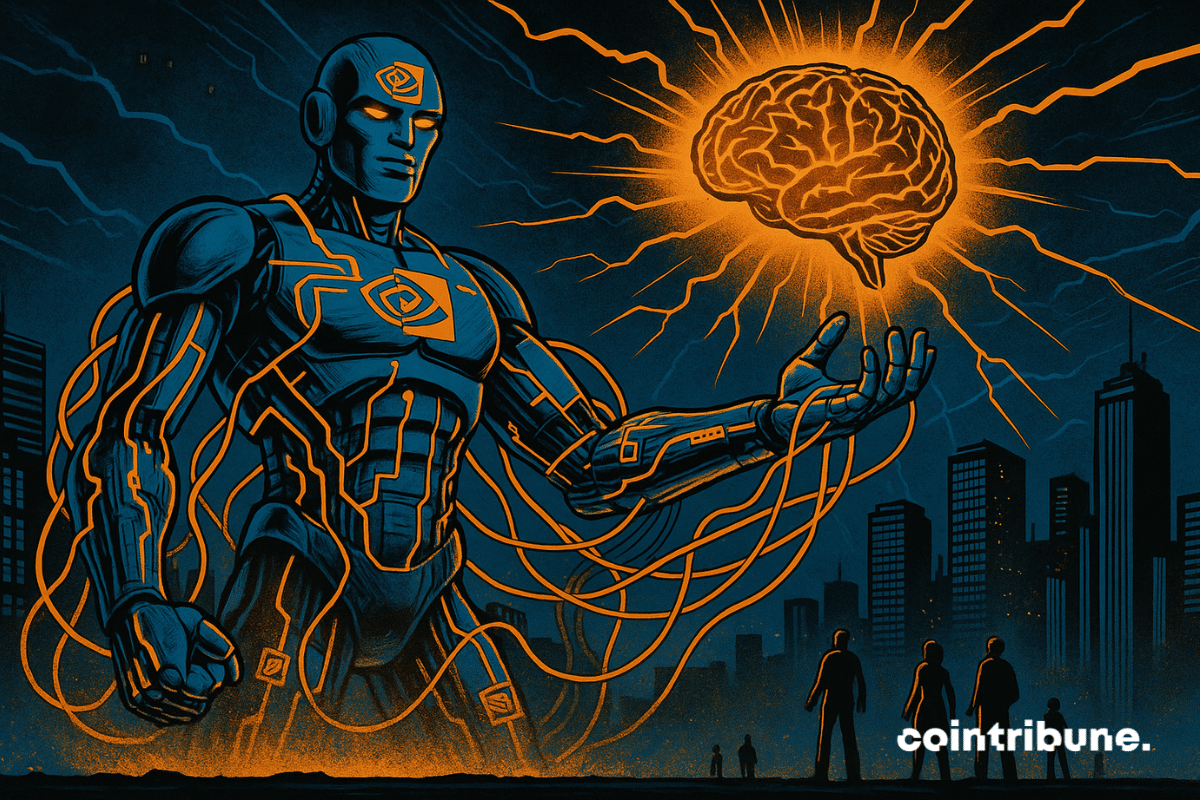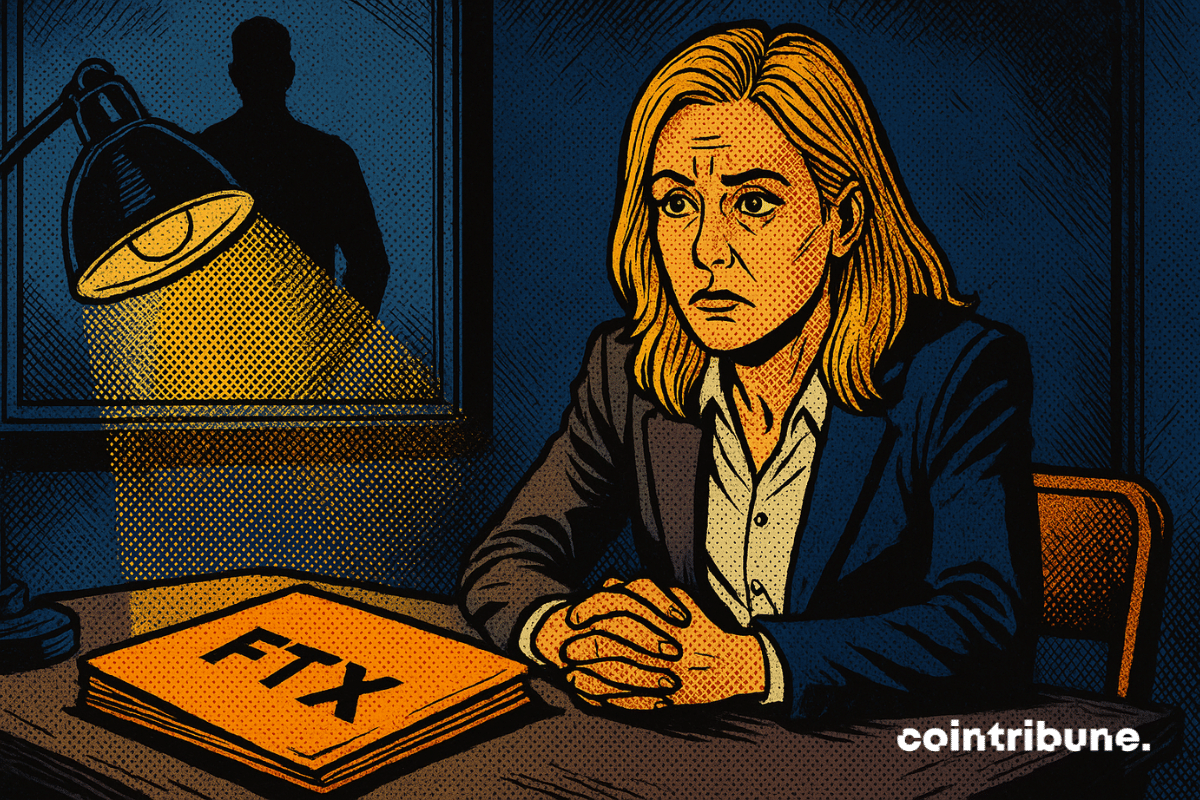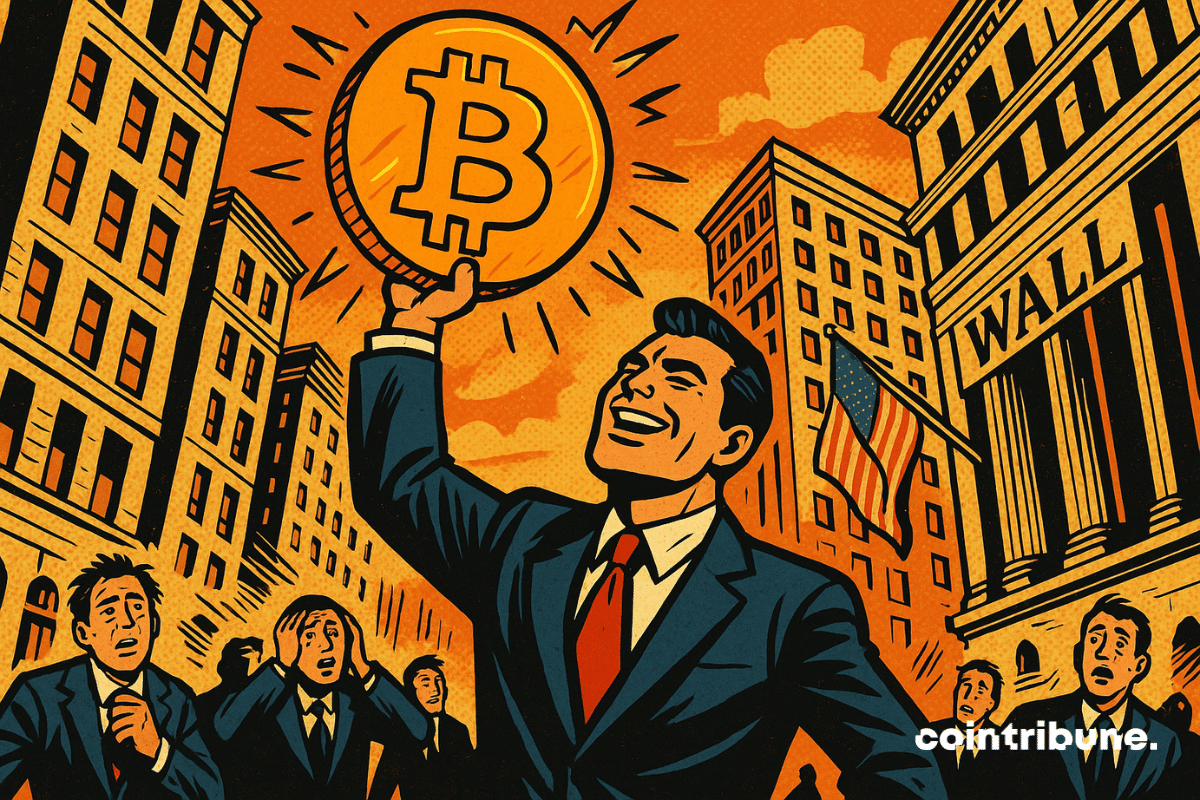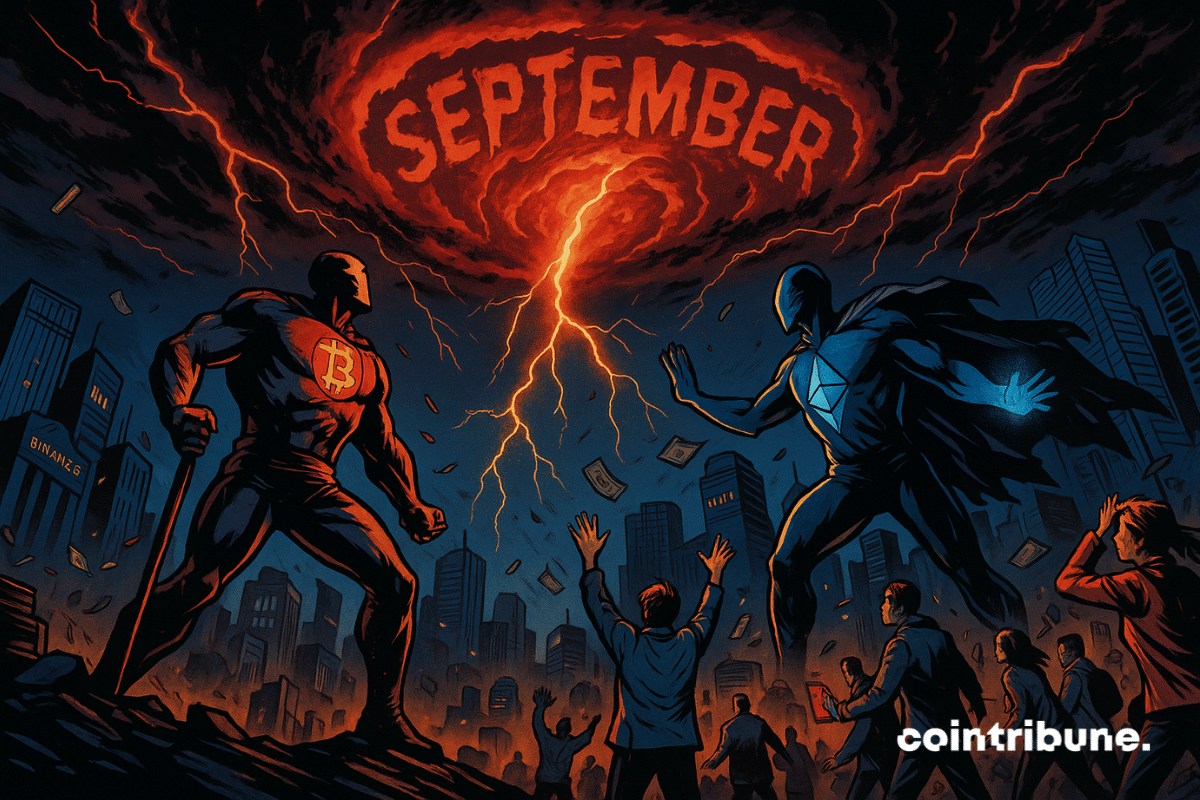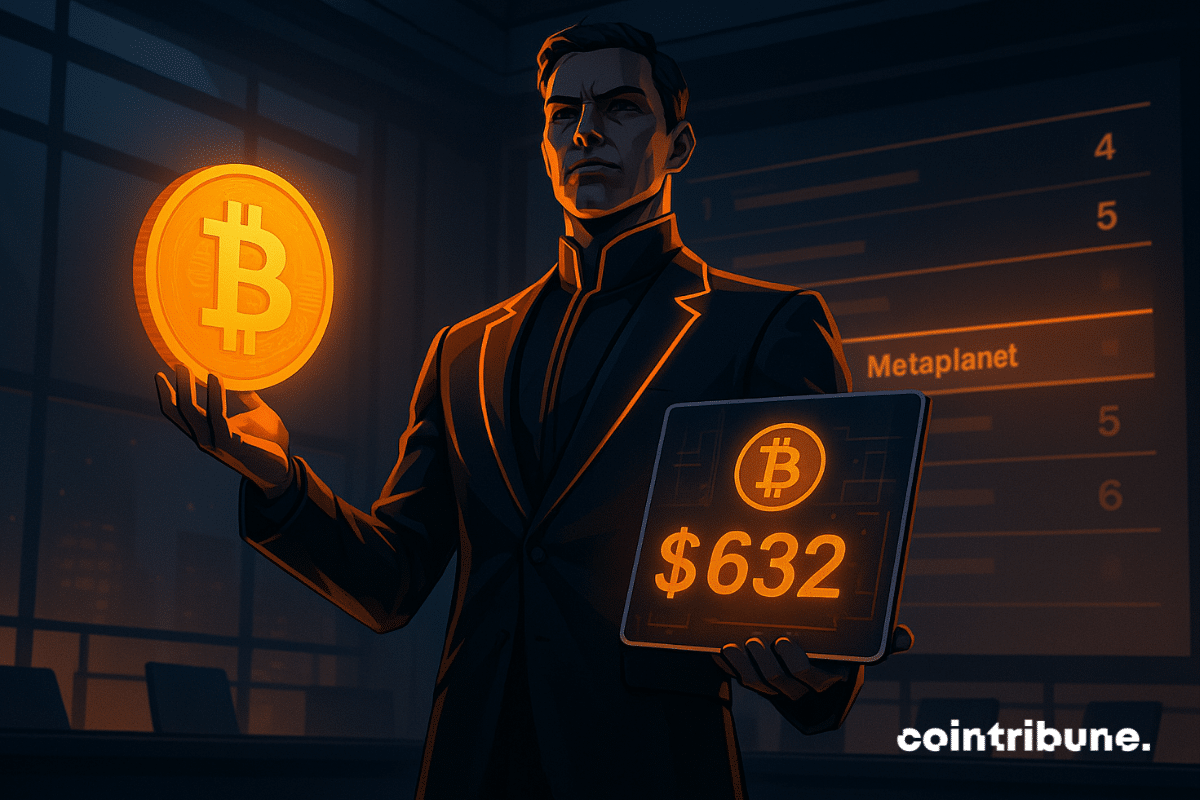When Trump roars "I am the boss", the Winklevoss texts remind him that the kings of Bitcoin crypto sometimes pull more strings than a president on stage.
Getting informed
BNB Chain seems ready to write a new chapter in its history. With ultra-low gas fees at 0.05 Gwei, a record perpetual volume of $51.3 billion, and massive developer adoption, Binance's ecosystem is putting all the odds in its favor to reach new heights and compete with Ethereum Layer 2 and Solana.
According to the Google Cloud DORA 2025 report, 90% of developers now integrate AI into their daily lives. However, less than a quarter of them actually trust its results. Between increased productivity and persistent skepticism, the industry navigates a paradox.
China announces that it is giving up some of its privileges at the WTO. This move, described as "major" by the organization's director-general, Ngozi Okonjo-Iweala, reshuffles the cards of global trade. Made by Li Qiang himself, this decision marks a strategic shift for Beijing authorities, long accused of unfairly benefiting from multilateral rules.
He posts a "gm" from his cell, the FTT token soars... and traders applaud! Who said crypto wasn't an open-air theater?
In a few days, wallets identified as whales moved several tens of millions of dollars from Hype to Aster, a newly launched token on a DEX supported by Changpeng Zhao. This massive capital movement, observed since September 17, quickly propelled Aster among the 40 largest global cryptos.
Bitcoin, once called a bubble, is now creating millionaires in series: 145,000 in one year. Bankers are grinding their teeth, speculators are popping champagne.
What if bitcoin entered a new era, where scarcity would no longer be a speculative narrative but an accounting reality? Michael Saylor, executive chairman of Strategy, warns of a tipping point: institutional demand, driven by ETFs and listed companies, now exceeds supply from mining. As bitcoin oscillates between $111,000 and $118,000, a structural imbalance, but potentially explosive for the price, is settling in.
In this complete guide, we detail the registration process on Bybit EU, the KYC (Know Your Customer) verification steps, and the exclusive promotional campaigns available in September 2025.
Bloomberg sources report that Tether Holdings SA is in private discussions to raise roughly $20 billion—a move that could push the USDT stablecoin issuer’s valuation to about $500 billion. If finalized, the deal would position Tether among the world’s most highly valued private companies.
Despite leading global crypto transactions, the majority of U.S. investors remain largely uninvolved, with just 14% holding digital assets.
Ethereum ETFs experience explosive growth as institutional demand reaches unprecedented highs. With 534 million dollars in daily inflows, these financial products now represent 15% of Ethereum's spot volume, compared to only 3% at their launch less than a year ago.
Exit Gensler, here comes Atkins: the SEC shifts from the brake to the accelerator. "Innovation exemption", multi-crypto ETP, stablecoins… Washington finally discovers that blocking costs more than moving forward.
The leverage effect, driver of soaring increases, becomes a formidable trap when the market turns. Solana (SOL) suffers the consequences, with a brutal drop to $213, its lowest level in two weeks. While the Fed briefly rekindled risk appetite, persistent tensions over inflation and employment quickly reversed the trend.
The Federal Reserve has made its decision, but without certainty. According to Jerome Powell, no interest rate adjustment will be without consequences. While several central banks have started a cycle of rate cuts, the Fed chairman warns of a strategic deadlock. In a context where inflation remains resilient and employment wavers, every decision becomes risky. A strong signal sent to the markets closely watching every word from the Fed as a decisive monetary turning point approaches.
The collapse of FTX has not finished shaking the crypto ecosystem. The FTX Recovery Trust has filed a lawsuit against bitcoin miner Genesis Digital Assets, claiming $1.15 billion. A colossal amount that reminds how much the shadow of FTX continues to hover over the industry.
While the crypto market begins a new phase of pullback, Avalanche surprises. The AVAX token jumped 10% this Tuesday, reaching 33 dollars, at the very moment when major capitalizations showed losses. The crypto thus stands out by an opposite dynamic, built and supported by significant players.
Europe is stepping up its game on stablecoins. Bullish Europe has just listed USDCV, the new dollar-backed stablecoin launched by Société Générale-Forge. MiCA compliant and supervised by BaFin, this token marks a decisive turning point in Europe’s regulatory battle against American giants in the sector.
When a central bank teams up with Solana and Mastercard to create a stablecoin, it means crypto is no longer reserved for geeks. Kazakhstan is quietly forging its path.
Investors pulled back from Bitcoin and Ethereum ETFs on Monday, reflecting caution amid market shifts and pending economic data.
SwissBorg launches a revolutionary cashback system allowing up to 90% savings on crypto trading fees.
Economy: JPMorgan anticipates tensions on the Fed and integrates stablecoins without fearing for its deposits. We tell you more here!
For the first time, Washington speaks with one voice on crypto. After years of partisan deadlocks and ideological battles, Democrats and Republicans are finally breaking their divides to build a common regulatory framework. Twelve Democratic senators have just announced their support for negotiations, accelerating the implementation of a law that could redefine the future of a market worth more than 4 trillion dollars.
On Monday, the U.S. and U.K. launched a new joint task force to improve cross-border capital flows into the crypto sector. The special alliance, aimed at strengthening ties between the two nations’ digital asset industries, will include regulators from both countries.
Deutsche Bank predicts Bitcoin could join gold in central bank reserves as markets mature and volatility eases, signalling growing institutional adoption.
In the global battle to dominate artificial intelligence, computing power has become the new currency. Nvidia is set to inject up to 100 billion dollars into OpenAI to build one of the most ambitious AI infrastructures ever conceived. This partnership marks a turning point, as the time for laboratory promises is over, and the era of massive AI industrialization begins. Such an initiative could reshuffle the cards of the sector and redefine technological power relations on a global scale.
Nearly three years after the collapse of FTX, the shadow of the scandal still lingers. Ryan Salame, former co-leader of the platform, is serving a heavy sentence, but his plea deal remains at the center of a legal battle involving his wife, Michelle Bond. The justice system is still trying to unravel the ramifications of an explosive case.
While retail investors tremble at the slightest dip, corporate whales are devouring millions in bitcoin. Coincidence? Or a new strategy from the "private central bankers" of crypto?
September once again catches up with the crypto market. After a promising start, the trend reversed with a brutality that hits the main capitalizations. Bitcoin, Ethereum, and Dogecoin show a sharp decline, exposing a marked exhaustion of the bullish momentum. As every year at the same time, the specter of a "Red September" reappears, fueled by weakened technical signals and a sharply declining market sentiment. Once again, the scenario of a red month seems to be drawing with insistence.
Metaplanet has expanded its Bitcoin holdings to 25,555 BTC with a $632 million purchase, climbing into the top five public company treasuries.
